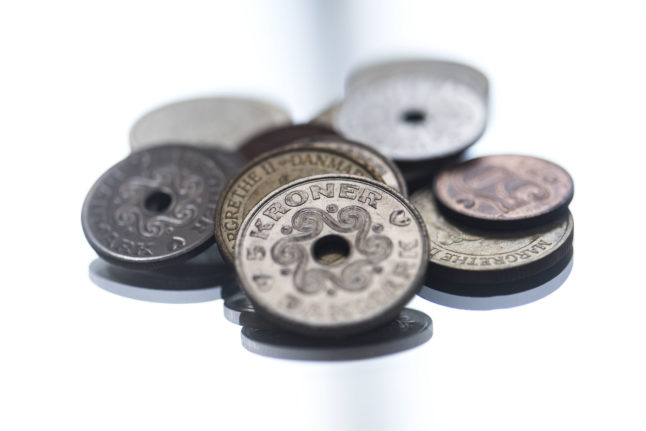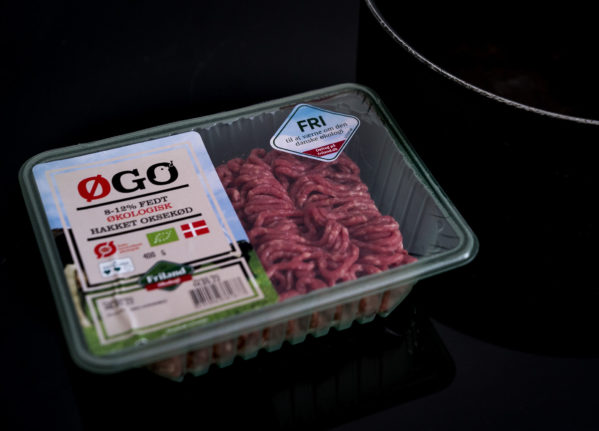High inflation in late 2022 continues to show signs of slowing, according to new figures released by Statistics Denmark on Friday.
After peaking at 10.1 percent in October, inflation has now fallen in three consecutive months.
The “steep” drop in inflation was welcomed by senior economist Jeppe Juul Borre of Arbejdernes Landsbank in comments to news wire Ritzau.
“Price increases have made it around 35,000 kroner more expensive for an average Danish family in annual consumption. The falling inflation will therefore undoubtedly be a source of relief for many Danes,” he said.
The lower inflation rate means that, although prices are still increasing, they are doing so at a slower rate than before.
“Core inflation” or kerneinflation is the inflation of prices excluding food and energy prices and is sometimes used by economists because food and energy are susceptible to large swings in price.
The measure can reflect how far inflation has spread to the rest of the economy.
Core inflation did not increase as much as regular inflation in 2022 but is now at 6.6 percent according to Statistics Denmark’s latest figures. That percentage is unchanged from December.
“That is unfortunately a very bad sign because it shows that inflation has taken hold in the Danish economy,” senior economist with Sydbank, Søren Kristensen, wrote in an analysis of the figures.
Prices at cafes and restaurants kept core inflation up in January, he wrote.
He added that “towards the end of the year we could land on somewhat more normal inflation levels”.
This could mean that collective bargaining agreements, negotiated during spring when inflation is expected to still be relatively high, could eventually result in effective wage rises in 2024, he noted.
READ ALSO: Cheaper electricity on the way for 2.5 million Danish customers



 Please whitelist us to continue reading.
Please whitelist us to continue reading.
Member comments